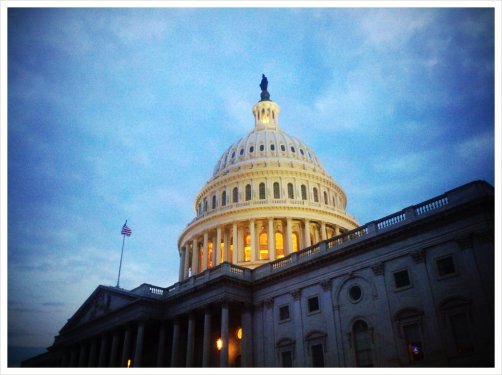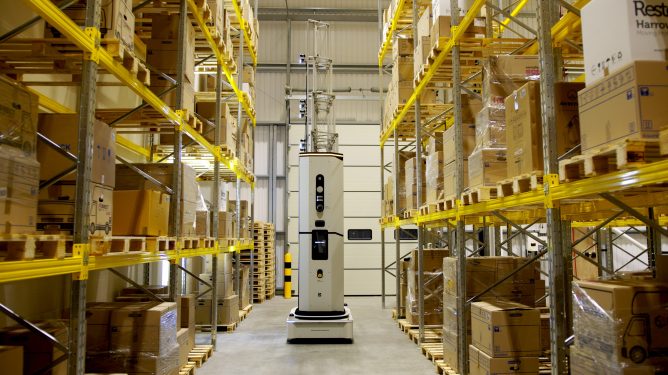In a recent hearing before the Senate Commerce, Science, and Transportation Committee, three prominent space companies – SpaceX, Blue Origin, and Virgin Galactic – expressed their concerns regarding the impending regulations moratorium on human spaceflight missions. The current 20-year moratorium is set to expire on January 1, and the industry representatives urged Congress to extend it for several years.
The Need for a Long-Term Moratorium
According to SpaceX’s Vice President of Build and Flight Reliability, Bill Gerstenmaier, "Congress should pass a multi-year extension for the human spaceflight learning period." He emphasized that the current framework is sufficient for regulating commercial launch operations but acknowledged that new regulations are necessary for human spaceflight.
Similarly, Virgin Galactic’s Vice President of Government Affairs and Research, Sirisha Bandla, echoed Gerstenmaier’s sentiments. She noted that there is still limited data to base regulations on: "There are only three companies currently carrying humans to space, and it would be premature to base occupant safety regulations on this extremely small set of data at this time."
The Eight-Year Extension Proposal
In September, California Representative Kevin McCarthy introduced a bill that would extend the moratorium for an additional eight years. Bandla expressed Virgin Galactic’s support for this proposal: "We believe that the proposed eight-year extension will provide the necessary time for both the industry and regulators to develop a robust framework for regulating human spaceflight."
FAA’s Readiness to Regulate
The Federal Aviation Administration (FAA) has stated its readiness to establish regulations for human spaceflight. However, even if Congress ends the sunset period in January, new regulations will not be established immediately. The FAA established a rulemaking committee over the summer that will spend 18 months working on a set of recommendations for a safety framework.
Industry Experts’ Testimony
In addition to the representatives from SpaceX and Virgin Galactic, two industry experts testified before the committee. Phil Joyce, Blue Origin’s Senior Vice President of New Shepard, emphasized the need for a more streamlined process: "Congress and the FAA helped accelerate the development of the spaceflight industry, and now the FAA is struggling to keep pace."
Gerstenmaier also highlighted the challenges faced by regulators: "The pace of American regulation must match the pace of American innovation. We are falling behind." He emphasized that improving regulations around spaceflight will only help to bolster America’s space program.
The Need for Funding
The representatives testified that the FAA would require more funding to deal with launch licenses and enforce regulations. Gerstenmaier suggested at least double the current funding: "We need more resources to keep up with licensing, and more time to gain experience overseeing human spaceflight."
Joyce echoed this sentiment: "Streamlined processes will help, but the FAA needs more funding to deal with the increase in launches." He emphasized that the industry is growing rapidly and requires a more efficient regulatory framework.
The Importance of Regulation
The representatives highlighted the importance of regulation in ensuring public safety during commercial launch operations. Gerstenmaier stated: "Human spaceflight represents a tiny fraction of all space launches, but it’s an area where we need to make sure that we’re doing everything right."
Bandla added: "We believe that robust regulations will help to establish trust and confidence in the industry, which is essential for continued growth and development."
Conclusion
The hearing before the Senate Commerce, Science, and Transportation Committee highlighted the concerns of three leading space companies regarding the impending regulations moratorium on human spaceflight missions. The representatives urged Congress to extend the moratorium for several years to allow both the industry and regulators to develop a robust framework for regulating human spaceflight.
Recommendations
- Extend the current 20-year moratorium on human spaceflight missions for several years.
- Provide more funding to the FAA to deal with launch licenses and enforce regulations.
- Establish a more streamlined process for regulating human spaceflight.
By implementing these recommendations, the United States can ensure public safety during commercial launch operations while promoting continued growth and development in the space industry.












